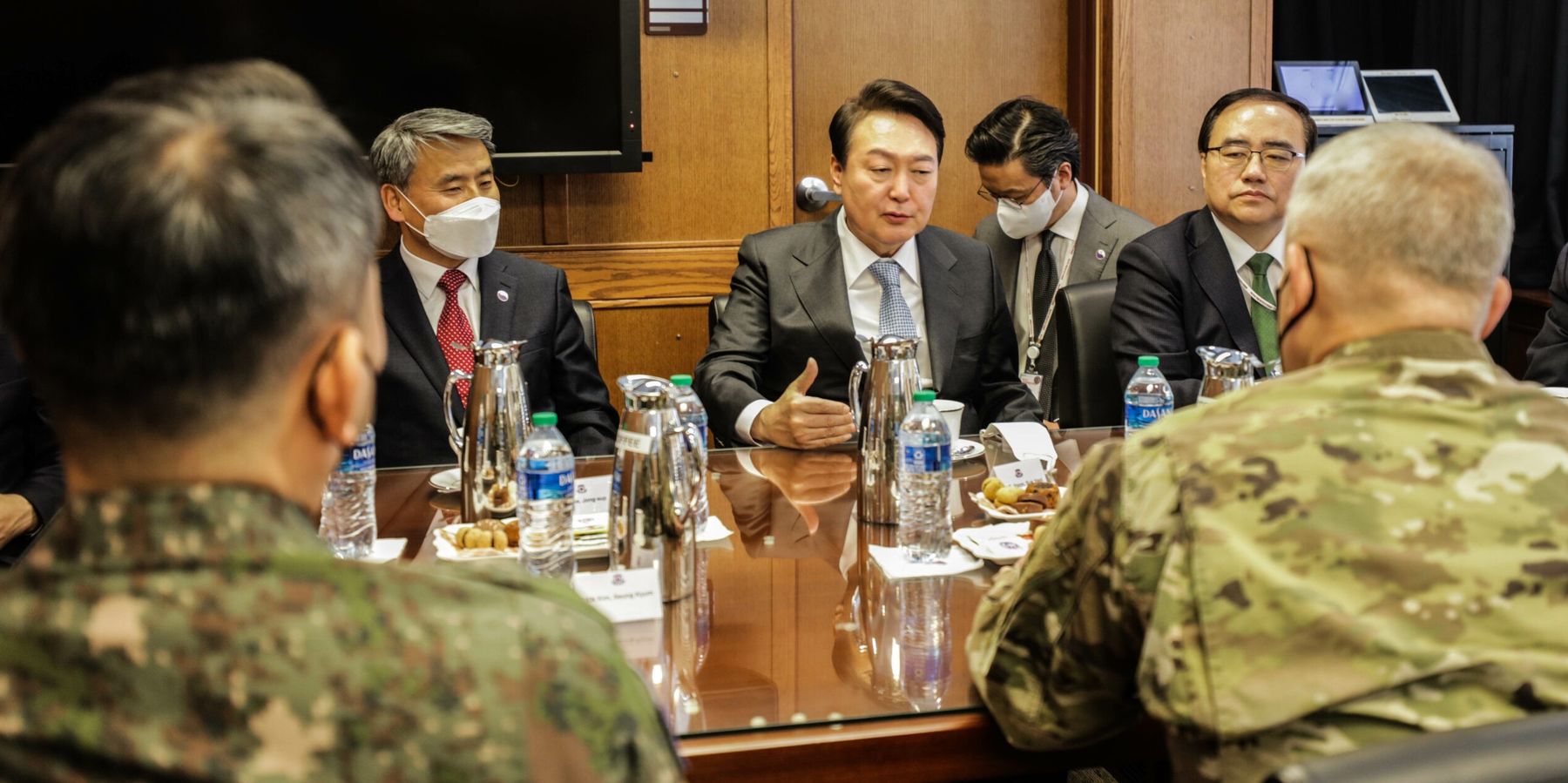South Korean President Yoon Suk-yeol declared martial law today.
The move, marking the first-ever suspension of democratic rights in South Korea since the end of military dictatorship in 1987, is poised to send a tremendous political shockwave through South Korean society.
Presumably, the decision is driven in large part by Yoon’s motivation to navigate through his mounting domestic political struggles and to confront what he views as the opposition party’s efforts to upend his presidency.
South Koreans have been strongly displeased with Yoon’s governance. For months, Yoon’s approval rating has languishing in the low 20s — recently falling as low as 17%. In a November survey, 58% of South Koreans stated they would like to see Yoon’s resignation or impeachment. This was expected to get worse against the backdrop of a looming corruption scandal involving Yoon, his wife, and a political broker over alleged election interference.
In light of this, a growing number of opposition party politicians have begun to call for Yoon’s impeachment in the National Assembly.
From Yoon’s perspective, the overall destabilizing political situation is being caused by the opposition party’s strident campaign to undermine his rule. Alarmed that his legitimacy is increasingly at stake and in need of a breakthrough, Yoon appears to have found a solution in martial law, which would suspend the National Assembly and other political gatherings that could cause “social disorder.”
In the martial law declaration speech, Yoon called for an urgent need to “normalize” the country and explicitly criticized the opposition-dominated National Assembly’s various activities undermining his governance — including its 22 attempts to impeach his administration officials since his inauguration and cutting of 4.1 trillion won from his administration’s proposed budget for next year.
Following the announcement, South Korean lawmakers gathered in the National Assembly and voted to lift the martial law. What happens next remains to be seen, but today’s shocking event may very well serve against Yoon’s presumed intention to safeguard his rule, by potentially driving South Korean public opinion toward greater support of impeachment.
The martial law declaration may evoke vivid and sensitive memories of military dictatorship across South Korean society and be perceived by many South Koreans as a direct challenge to their democratic system.
- After elections, South Korea could become more hawkish, combative ›
- Leaked docs roil South Korean government ahead of Yoon visit ›
- Competing 'nationalisms' led to shocking showdown in Seoul | Responsible Statecraft ›
- Who is Lee Jae-myung, Yoon's potential replacement? | Responsible Statecraft ›
















